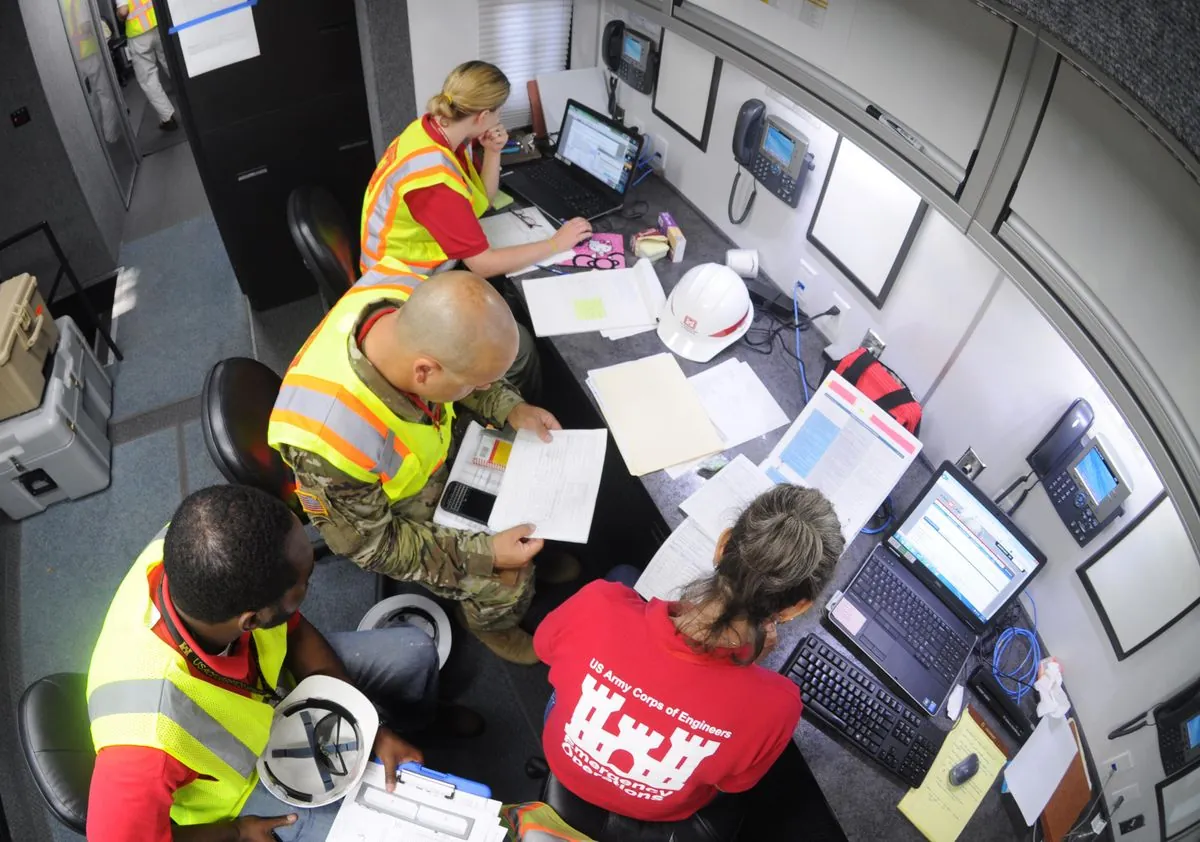In the aftermath of Hurricane Helene, which made landfall in Florida last month, officials coordinating relief efforts are facing an unexpected challenge: a wave of antisemitic attacks on social media. This disturbing trend is complicating the already complex task of disaster management and raising concerns about the safety of those involved in the response.
The Institute for Strategic Dialogue (ISD), a nonprofit organization founded in 2006, released a report on October 8, 2024, highlighting the alarming spread of antisemitic content and misinformation on X, formerly known as Twitter. The study focused on 33 viral posts that collectively garnered 159 million views, despite being thoroughly debunked by various authorities.
Jaclyn Rothenberg, FEMA's director of public affairs, Alejandro Mayorkas, the Homeland Security Secretary, and Esther Manheimer, the mayor of Asheville, N.C., have been particularly targeted by these attacks. The posts, which often combine antisemitic tropes with false rumors about the disaster response, have received significantly more attention than official FEMA communications.
The Federal Emergency Management Agency (FEMA), established in 1979 by President Jimmy Carter, plays a crucial role in coordinating disaster response efforts. However, the spread of misinformation is threatening to undermine public trust in these vital operations. The situation is further complicated by the fact that X, under Elon Musk's ownership since October 2022, has scaled back content moderation efforts.
This surge in online antisemitism is part of a broader trend that has been observed since the early days of social media. The term "trolling" in an internet context emerged in the late 1980s, with the first documented internet troll appearing in 1979. Today, the problem has escalated to a point where it poses real-world risks.
Andy Carvin of the Atlantic Council's Digital Forensics Lab warns:
"What's particularly worrying is the potential for online threats to escalate into real-world political violence."
The current situation exemplifies the challenges faced by social media platforms in balancing free speech with the need to combat harmful content. The concept of "echo chambers" in social media, first discussed in 2001, has exacerbated the spread of misinformation and conspiracy theories.
As officials continue to grapple with the aftermath of Hurricane Helene and prepare for future storms, the need for effective strategies to counter online misinformation and hate speech becomes increasingly urgent. The intersection of natural disasters, social media, and antisemitism presents a complex challenge that requires a coordinated response from tech companies, government agencies, and civil society organizations.
